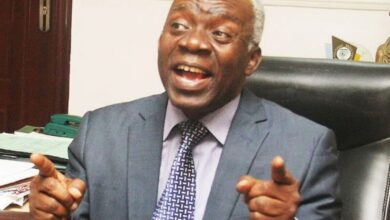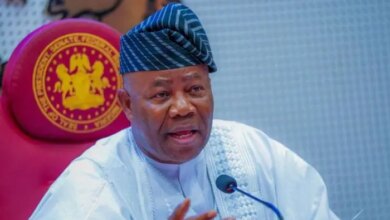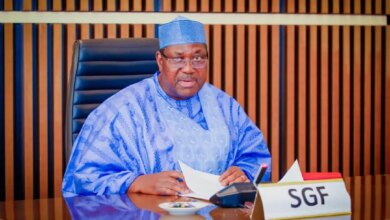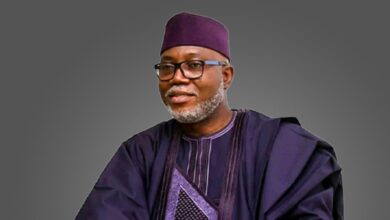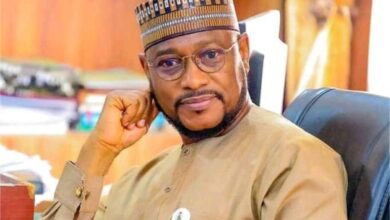Ghana’s Decision To Receive US Deportees Guided by Hospitality, Not Foreign Pressure – NDC’s Vanderpuye states
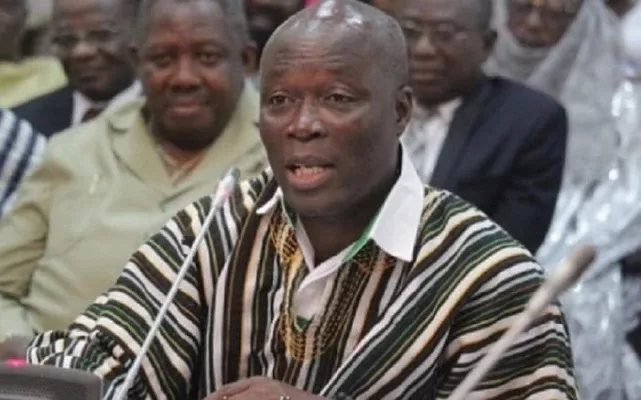
The National Coordinator of the District Roads Improvement Programme (DRIP), Nii Lante Vanderpuye, has defended the government’s decision to receive deported Ghanaians from the United States, saying it was informed by Ghanaian values of hospitality rather than external pressure.
Speaking on Breakfast Daily on Channel One TV on Thursday, September 25, 2025, Mr. Vanderpuye responded to mounting criticism over the country’s acceptance of deportees from the US.
So far, 14 deportees have arrived in Ghana, with the Minister for Foreign Affairs, Samuel Okudzeto Ablakwa, indicating that about 40 more are expected.
The Minority in Parliament has called for the immediate suspension of the arrangement, arguing that the government acted unlawfully by implementing it without parliamentary approval.
They cited a Supreme Court ruling requiring all international agreements—including treaties, memoranda of understanding (MoUs), and diplomatic notes—to be ratified by Parliament before taking effect.
But Mr. Vanderpuye said the decision was not influenced by any form of external economic pressure but rather by humanitarian considerations.
“A lot of our folks prefer to stay over there, even if it’s in the American prisons. They are displeased and angered against us for having received them. It is understandable, but we are also looking at the human factor. Would you allow your fellow human being to be dumped in Guantánamo Bay to be treated unjustly in an inhuman manner, or would you want to open your gates to them?” he asked.
Drawing from his own cultural background, Mr. Vanderpuye explained that the Ga tradition of hospitality shaped his perspective on the matter.
“As a person and from a Ga descent, I have been brought up to receive people no matter the situation. Once someone knocks on your door, you warmly receive the person and get them some water to drink as custom demands. I think that is what has informed the government and the minister in handling this matter,” he said.
He, however, stressed the need for long-term solutions to curb irregular migration.
“We must begin to look at how we can be self-reliant and be able to churn out the right policies that will make Ghana a much more peaceful nation, so that our people can live in peace rather than seeking greener pastures elsewhere,” he added.

